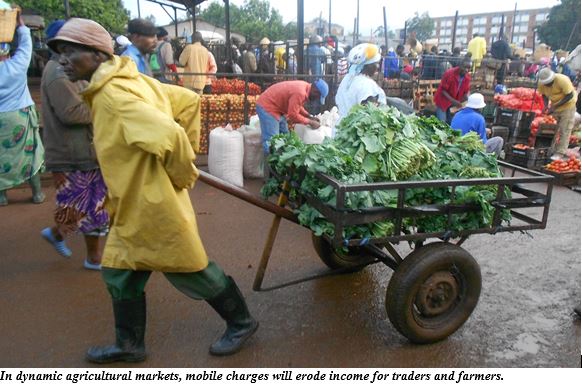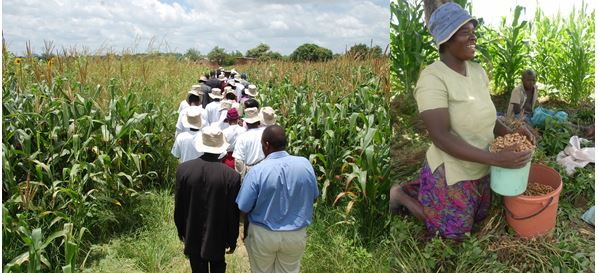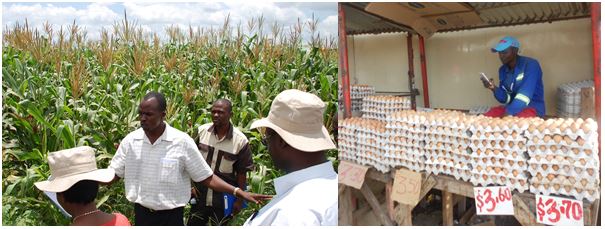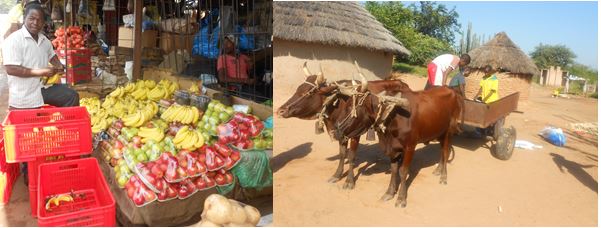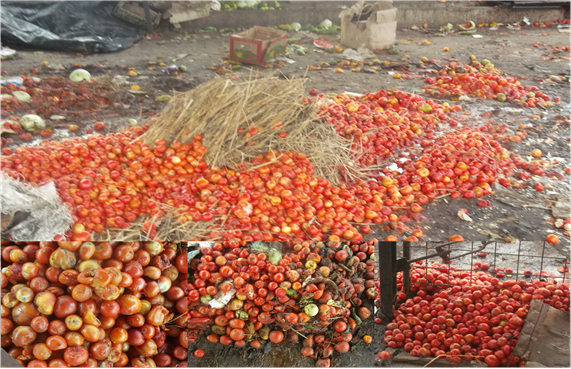How informal markets are redefining agricultural extension
Given their openness and competitive nature, informal agriculture markets enable farmers to see their knowledge gaps. This shows up in a comparative sense where farmers use consumer choices, quality and prices to compare their commodities with those from their peers. If a fellow farmer gets a better price, one who receives an inferior price strikes Read more about How informal markets are redefining agricultural extension[…]



